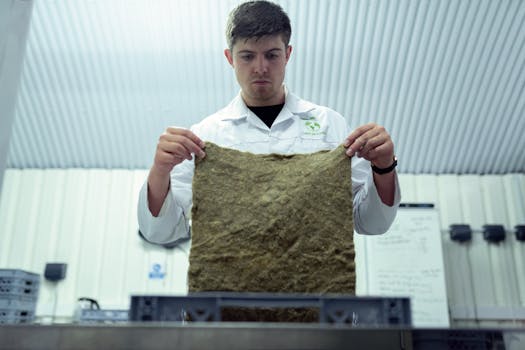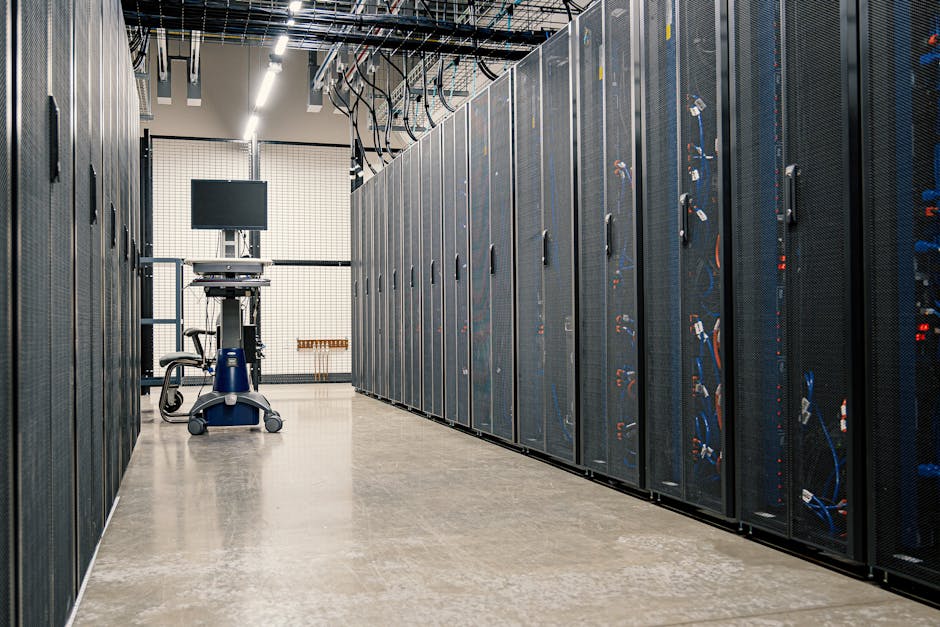
Sustainability and Fiber: How African Companies are Leading the Way
Sustainability and Fiber: How African Companies are Leading the Way. The concept of sustainability has become increasingly important in recent years, as companies and individuals alike seek to minimize their environmental footprint and promote eco-friendly practices. In the fiber industry, African companies are at the forefront of this movement, leveraging cutting-edge technology and innovative approaches to drive growth while reducing their impact on the planet.
One of the key drivers of sustainability in the fiber industry is the adoption of renewable energy sources. Companies such as Econet and Liquid Telecom are investing heavily in solar and wind power, reducing their reliance on fossil fuels and lowering their carbon emissions. This not only helps to minimize the environmental impact of their operations but also reduces their energy costs and improves their bottom line.
The Role of Fiber in Sustainability
Fiber optic cables play a critical role in enabling sustainable practices, particularly in the context of telecommunications. By providing high-speed, low-latency connectivity, fiber optic cables facilitate the adoption of cloud computing, remote work, and other digital technologies that reduce the need for physical transportation and minimize carbon emissions. African companies such as MTN and Vodacom are investing heavily in fiber optic infrastructure, recognizing the potential for this technology to drive sustainable growth and development.
In addition to its role in enabling sustainable practices, fiber optic technology also has a number of inherent environmental benefits. For example, fiber optic cables are made from silicon dioxide, a naturally occurring substance that is abundant and non-toxic. This reduces the environmental impact of production and disposal, making fiber optic cables a more sustainable alternative to traditional copper cables.
African Companies Leading the Way
African companies are at the forefront of the sustainability movement in the fiber industry, with a number of notable examples of innovation and leadership. For example, Safaricom has launched a number of initiatives aimed at reducing its environmental impact, including a program to recycle old mobile phones and a scheme to provide solar-powered charging stations for rural communities. Similarly, Telkom has invested in a number of renewable energy projects, including a solar farm that provides power to its operations in South Africa.
Another example of African companies leading the way in sustainability is the development of fiber-to-the-home (FTTH) networks. FTTH networks use fiber optic cables to provide high-speed internet connectivity directly to homes and businesses, reducing the need for copper cables and minimizing the environmental impact of telecommunications infrastructure. Companies such as OpenServe and Frogfoot are at the forefront of this trend, rolling out FTTH networks across South Africa and other African countries.
Conclusion
In conclusion, African companies are leading the way in sustainability in the fiber industry, leveraging innovative approaches and cutting-edge technology to drive growth while minimizing their environmental footprint. The adoption of renewable energy sources, the development of FTTH networks, and the inherent environmental benefits of fiber optic technology are all contributing to a more sustainable future for the fiber industry. As the demand for high-speed, low-latency connectivity continues to grow, it is likely that African companies will remain at the forefront of this movement, driving innovation and growth while promoting sustainable practices.




